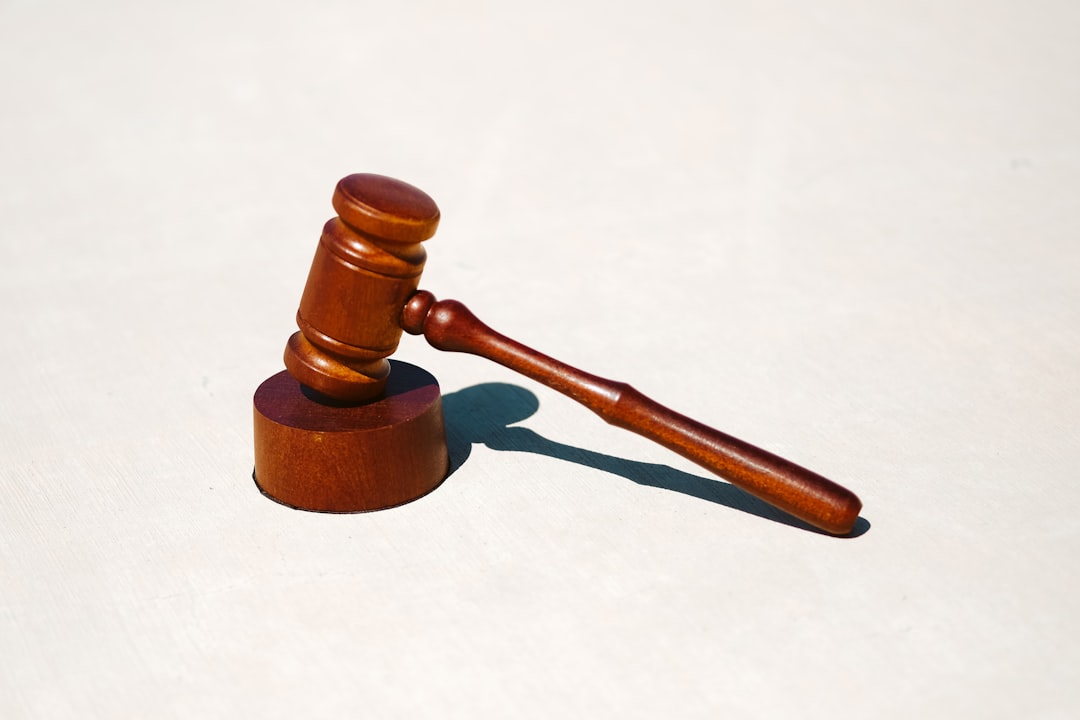In Georgia, specialized cruise line sexual assault law firms navigate unique legal paths to hold cruise lines accountable for passenger safety. Immediate action after an incident includes seeking medical attention and reporting it, with evidence preservation. These firms, experts in state and federal laws, guide victims through jurisdiction issues and support systems, ensuring justice and compensation. They also aid in understanding rights under local laws and ship policies when considering legal action against cruise lines.
“Cruise vacations are meant to be enjoyable, but the stark reality is that sexual assaults can occur on these floating resorts. If you or someone you know has been a victim of such an incident while on a cruise in Georgia, understanding your legal rights is crucial. This article guides victims through the complex landscape of cruise line sexual assault laws in the state, offering insights into their legal rights and actionable steps for pursuing compensation with the help of a dedicated cruise line sexual assault law firm in Georgia.”
Understanding Cruise Line Sexual Assault Laws in Georgia

In Georgia, addressing cruise line sexual assaults falls under a unique set of legal frameworks. If you’ve been a victim of such an incident on board a ship registered in or operating within Georgia’s jurisdiction, you have rights. A cruise line sexual assault law firm in Georgia can guide victims through the complexities of this area of law. These laws hold cruise lines accountable for ensuring passenger safety and take into account the unique challenges faced when addressing assaults that occur on ships, which operate outside traditional territorial boundaries.
Victims of sexual assault aboard cruises often face specific hurdles, such as jurisdiction questions and the lack of immediate access to support systems. A Georgia-based law firm specializing in cruise line sexual assault cases can help navigate these complexities, ensuring victims receive justice and compensation for their traumatic experiences. Their expertise involves understanding both state and federal laws that pertain to such incidents, enabling them to advocate effectively on behalf of affected individuals.
Legal Rights of Victims: What to Do After an Incident

If you’ve been a victim of sexual assault while on a cruise, knowing your legal rights is crucial. The first step is to seek immediate medical attention and report the incident to the ship’s crew or security. Documenting the assault is vital; gather any available evidence, such as witness statements, photographs, or video recordings (if possible). It’s recommended to contact a specialized cruise line sexual assault law firm in Georgia to understand your rights under local laws and cruise line policies.
Following an incident, victims should be sure to preserve any personal belongings that might contain evidence of the assault. Keep detailed records of medical treatments received, including names of healthcare providers and diagnoses. These steps are essential when considering legal action against a cruise line sexual assault. A law firm specializing in these cases can guide you through the process, ensuring your rights are protected and helping to secure justice for the harm you’ve endured.
Navigating Legal Action: Steps and Strategies for Compensation

When considering legal action against a cruise line for sexual assault, it’s crucial to choose a specialized cruise line sexual assault law firm in Georgia. These attorneys have experience navigating complex maritime laws and understand the unique challenges of such cases. The initial step involves gathering evidence – medical records, witness statements, and any available security footage – promptly to strengthen the case.
A reputable cruise line sexual assault law firm will assess the merits of your case, advise on potential compensation, and develop a strategic plan tailored to your circumstances. They’ll guide you through the process, which includes filing a claim with the appropriate authorities, negotiating with insurance companies, and, if necessary, litigating in court. Their goal is to ensure you receive just compensation for the trauma you’ve endured.






